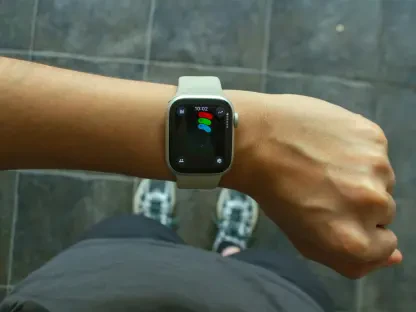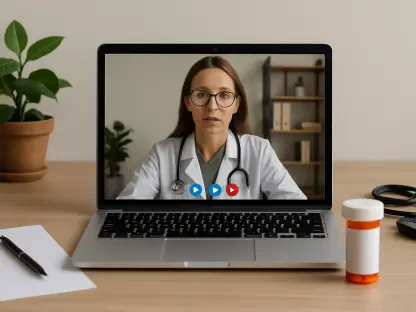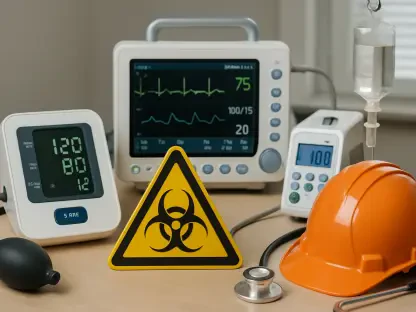Telemedicine is increasingly becoming a cornerstone in revolutionizing how psychiatric care is delivered in rural areas, addressing a long-standing issue of accessibility. For years, residents of remote locations have faced significant hurdles in obtaining specialized psychiatric services, often requiring long travels to larger facilities. This barrier not only added financial burdens but also emotional distress due to the time and resources consumed. With Huntsville Hospital’s new program, this landscape is shifting dramatically. By leveraging secure video connections, patients in North Alabama can now access psychiatric and neurological care from specialists remotely. This innovative approach empowers smaller hospitals, like Madison and Helen Keller, to provide comprehensive care without needing a full-time specialist on-site, therefore significantly easing the strain on medical infrastructure and patients alike.
Expanding Access Through Technology
The launch of Huntsville Hospital’s telemedicine program is strategically poised to bridge the gap between patients and specialist psychiatric care in rural regions. Traditionally, patients requiring psychiatric evaluations often faced lengthy wait times for outpatient services or were compelled to travel to larger urban centers for necessary treatments. This program, however, allows for immediate engagement with healthcare professionals, minimizing travel and wait times. Specialists are equipped to remotely assess laboratory results, imaging, and other essential diagnostic materials. By doing so, they can efficiently prescribe medications and develop discharge plans, ensuring seamless care continuity. The telemedicine approach not only expedites treatment but also enhances patient satisfaction by providing care that is both prompt and personalized.
An Innovative Solution with Continuing Challenges
Huntsville Hospital’s telemedicine initiative reveals its commitment to enhancing patient care through advanced technological solutions, yet it also underscores ongoing challenges, such as ensuring smooth digital infrastructure and trained personnel to handle virtual consultations. Though there are hurdles, the benefits, including stress reduction for patients and optimized resource allocation for hospitals, are evident. Specialists can recommend more intensive treatment options at the psychiatric unit when necessary, ensuring a thorough care approach. This framework provides a blueprint for how technology can be employed effectively. As telemedicine becomes more ingrained in healthcare systems, continuous adaptation and improvement will be paramount to maintaining and enhancing service quality, particularly in rural regions where the impact of such advancements is most pronounced.









